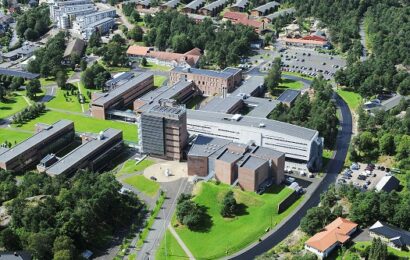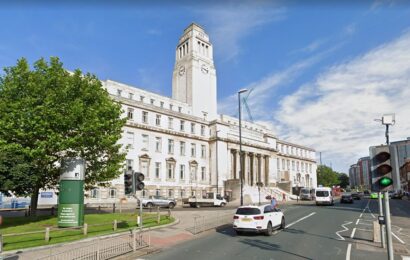Wellcome’s Early-Career Awards for Academics
This scheme provides funding for early-career researchers from any discipline who are ready to develop their research identity. Through innovative projects, they will deliver shifts in understanding that could improve human life, health and wellbeing. By the end of the award, they will be ready to lead their own independent research programme.
Where your host organisation is based:
UK, Republic of Ireland, Low- or middle-income countries (apart from India and mainland China)
Level of funding:
Your salary and up to £400,000 for research expenses
Duration of funding:
Usually 5 years, but may be less for some disciplines, and longer if held on a part-time basis
Eligibility and suitability
You can apply to this scheme if you are an early-career researcher and you are ready to design, plan and deliver your own innovative research project that aims to:
- advance understanding in your field
and/or
- develop methodologies, conceptual frameworks, tools or techniques that could benefit health-related research.
During the award, we expect you to:
- expand your technical skills and/or your experience of different research methodologies or frameworks
- build a collaborative network with other researchers in your field
- develop your people management skills
- advance your understanding of how to complete research responsibly and promote a positive and inclusive culture.
Your research can be in any discipline – including science, technology, engineering and mathematics (STEM), experimental medicine, humanities and social science, clinical/allied health sciences, and public health – as long as it has the potential to improve human life, health and wellbeing, and aligns with our funding remit.
Career stage and experience
At the point you submit your application, you must have completed a substantive period of research training relevant to your discipline.
You must have:
- completed a PhD (for example, in the life sciences) or an equivalent higher research degree. At the point of application you must have passed your viva examination.
or
- if you have not started a PhD or equivalent degree, at least four years’ equivalent research experience (for example, in the humanities and social sciences).
You may also have some postdoctoral experience in your proposed field of study, but generally no more than three years. When we review how much postdoctoral experience you have, we will allow for part-time work, career breaks and other significant amounts of time spent outside research, for example clinical training.
We will also consider whether you have changed research discipline. For example, moving from astrophysics to computational neuroscience. There may be some crossover, such as in research sites or techniques, but the shift should still be a significant change.
You should be able to demonstrate:
- a good understanding of research methodology
- evidence of project delivery and analysis.
You should not need close supervision to complete your proposed research, although you may need training in new techniques and experimental approaches.
If you are a health professional and you want to continue with clinical activities, you must be registered with, and be licensed by, the relevant professional regulator in the country you intend to work in. Read our Q&As for health professionals.
By the end of the award
By the end of the award, you should have the research maturity to develop, manage and lead your own creative, independent research programme.
If you decide not to pursue a career in research, you’ll have transferable skills that you can use in roles related to research or outside of research, for example in industry or teaching.
Host organisation
You must have sponsorship from an eligible host organisation in one of the following:
- UK
- Republic of Ireland
- a low- or middle-income country (apart from India and mainland China).
It can be a:
- higher education institution
- research institute
- non-academic healthcare organisation
- not-for-profit organisation.
You should choose a research environment that provides you with the appropriate training, resources and experience to deliver your project and develop your research skills and identity. We encourage you to move away from your current research environment. This may mean moving from your group or department, but it is not essential to move organisations.
Deadline for new applications
Application deadline: 15 February 2022, 17:00 GMT







